 Jeevun Sandher finds that personal income, labour market prosperity, and neighbourhood prosperity have differing effects on aspects of well-being. Improving all three is therefore crucial for raising well-being.
Jeevun Sandher finds that personal income, labour market prosperity, and neighbourhood prosperity have differing effects on aspects of well-being. Improving all three is therefore crucial for raising well-being.
The good life is about more than being happy. Having friends, a decent home, a good job, feeling safe when we walk down the street, and being healthy are all other parts that make up a good life. So how do we make sure that everyone in the UK can live a good life with all its different parts? My new research shows that we need to raise the prosperity of people, local labour markets, and neighbourhoods. Because they each have separate impacts on the different parts of the good life.
The list of parts that makes up a good life is not short, and nor should it be. It includes mental health (or happiness), physical health, overall health, financial security and work, physical safety, living conditions (housing space and leisure time), social life, and political participation. I also combine these into an overall index of well-being. While these parts are positively related to happiness, they are not equivalent to it. I show this in Figure 1a to 1c below.
Finding out how to build a good life is more important now than ever. Because, despite the United Kingdom being richer than ever and our near-record employment rates, those on low incomes living in the most deprived areas have seen their quality of life decline over the past decade. Violent crime is rising and is now twice as high in the most deprived areas, one in three cannot afford a basic standard of living, and life expectancy was falling in the most deprived areas before the pandemic. This is not solely due to austerity, either – the numbers dying from drugs, alcohol, and suicide have doubled over the past 30 years.
If we want to build a good life for everyone, then we also need to know how personal and place-based prosperity affects each part of it. Because, if only personal incomes have an impact, then improving lives would be a simple matter of increasing social security payments and/or cutting taxes. If, however, the areas we live in also matter, then place-based policies will also be needed.
And we also need to think about the scale of the places that have effects. We all live in small neighbourhoods that sit in larger local labour markets. These are not the same thing. I live in Tower Hamlets, a London local authority. Tower Hamlets has some of the country’s most deprived neighbourhoods and sits within the UK’s strongest labour market. It is perfectly possible to live in a deprived neighbourhood within a strong labour market (and vice versa).
Local labour markets and neighbourhoods affect the parts of the good life through different mechanisms. Stronger local labour markets give their residents greater job opportunities and higher potential incomes. Living in them improves the parts of the good life associated with having a good job and (indirectly) higher incomes. Neighbourhoods impact us through peer effects – how we can act with our neighbours and how their actions affect us. In more prosperous neighbourhoods, it is easier to effectively co-operate with those who live near us.
I test how personal, labour market, and neighbourhood prosperity affect the different parts of the good life. The key takeaway is this: you cannot build a good life without improving all three.
Having more money in your pocket improves your health, financial security, and overall well-being. Leisure time, however, declines with personal prosperity. This is unsurprising – people with more money are likely to work longer hours and so have less spare time. It is not only those on low incomes who need their quality of life improving. The rich could also do with kicking back, relaxing, and chilling every now and again.
Strong labour markets give their residents better financial security and higher rates of employment. Physical safety improves as more jobs means less crime. They also indirectly improve health and overall well-being by providing higher incomes. It is not all good news, however. Commuting times are longer and house sizes smaller in areas with lots of jobs. Building more houses in strong labour markets like London is also needed to create the good life.
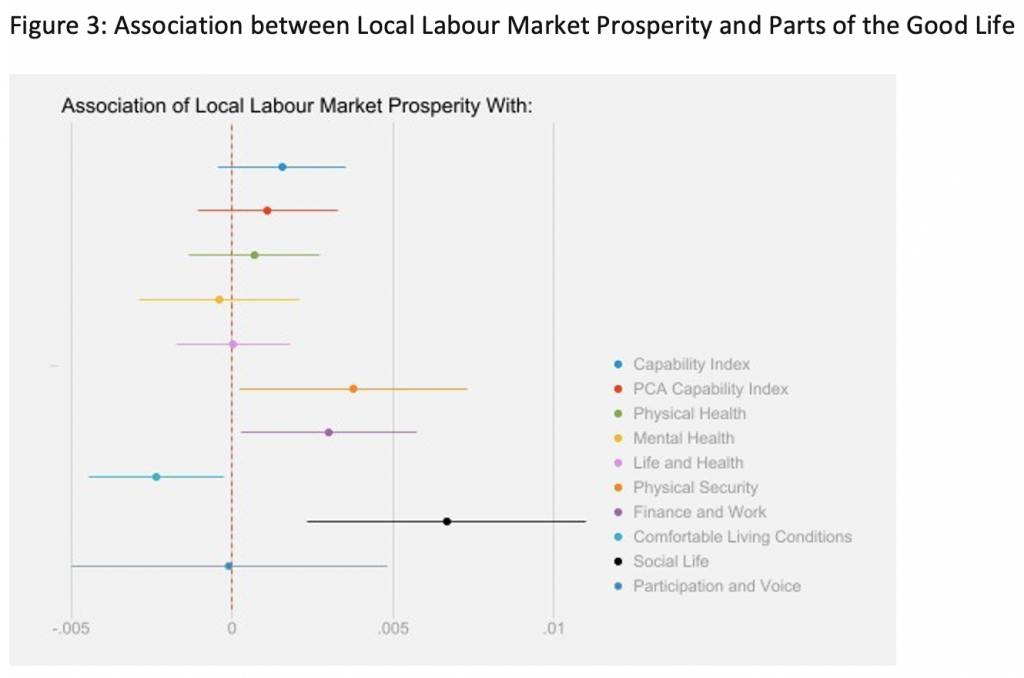 Living in a more prosperous neighbourhood means being more safe. It is easier to act with one’s neighbours in less deprived areas to stop crime. Overall well-being is also greater in these leafier neighbourhoods.
Living in a more prosperous neighbourhood means being more safe. It is easier to act with one’s neighbours in less deprived areas to stop crime. Overall well-being is also greater in these leafier neighbourhoods.
So, we know that makes our lives better. But what helps us live longer? Again, the money in your pocket and the place you live in matters. Being richer, unsurprisingly, helps you live longer. So too does having a job before the age of 60 as well as not losing it. As does living in a more prosperous neighbourhood. If we want people to live longer, and stop dying from drugs, alcohol, and suicide, then we should increase Universal Credit payments, create local job opportunities, and invest in local communities.
Aristotle stated that the ultimate aim of a political community should be to create the good life for all its citizens. And yet, the United Kingdom does not provide this for all its citizens. But we can ensure it does – by increasing personal incomes, creating job opportunities across the country, and improving local neighbourhoods.
___________________
About the Author
 Jeevun Sandher is a PhD candidate in the Department of Political Economy at King’s College London.
Jeevun Sandher is a PhD candidate in the Department of Political Economy at King’s College London.


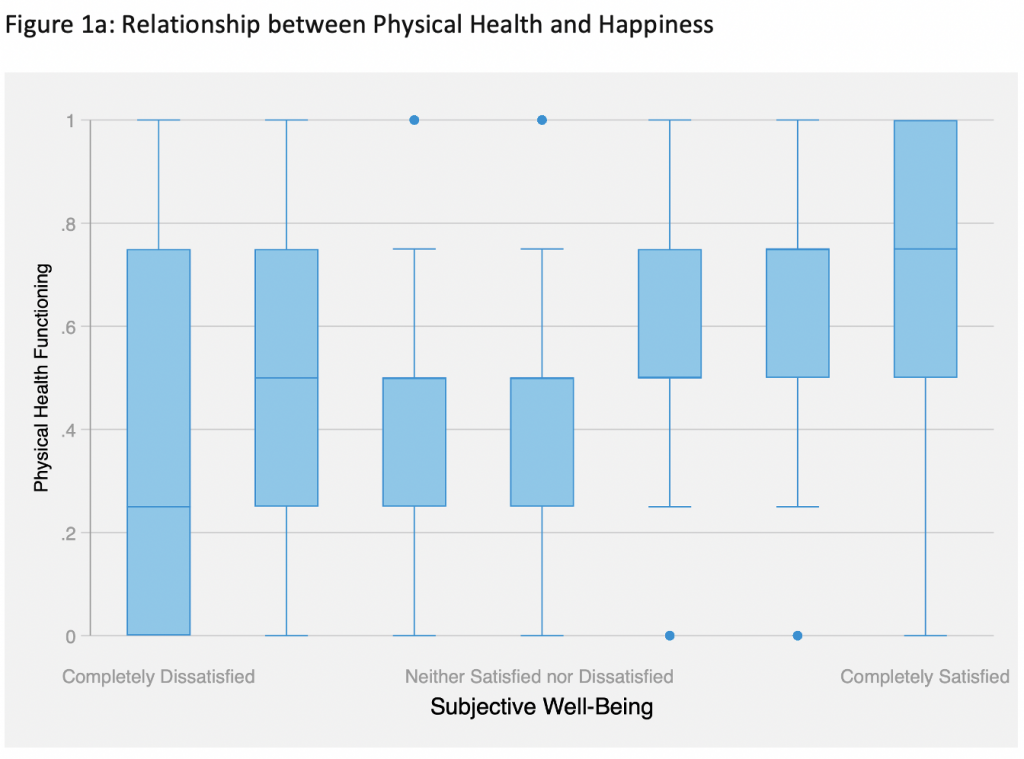
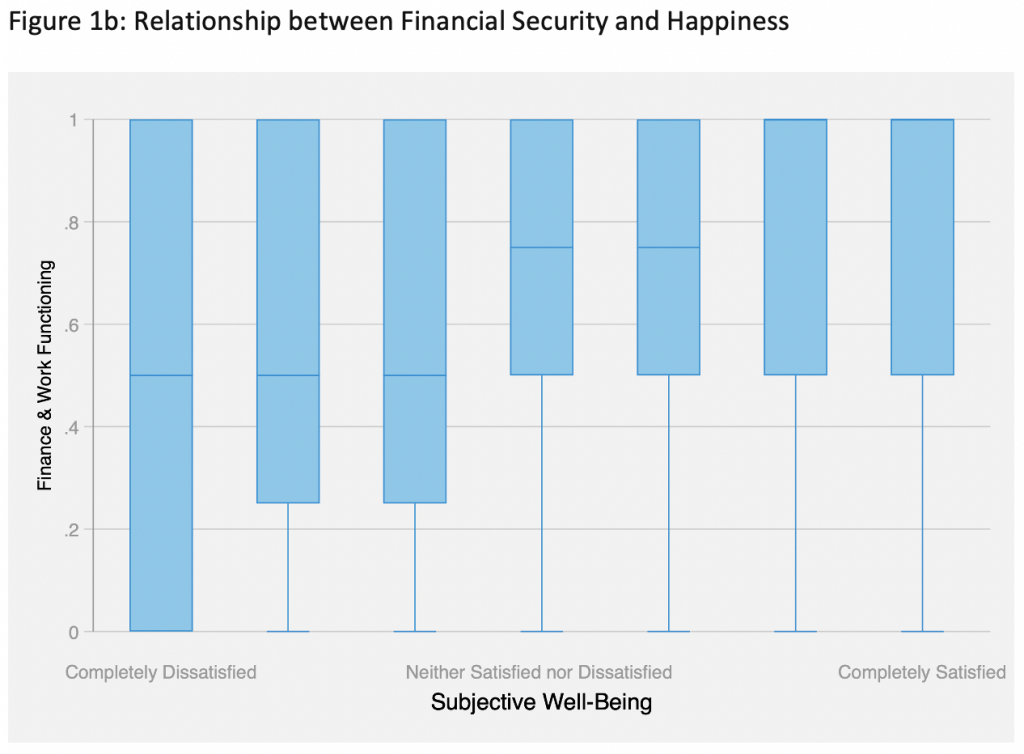
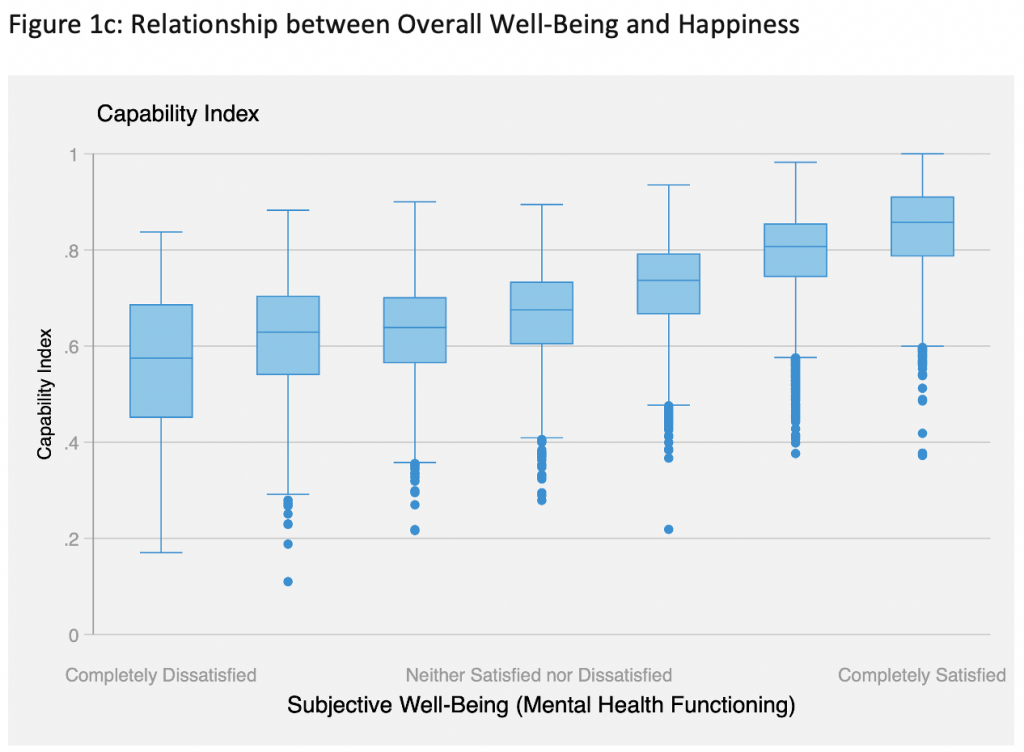
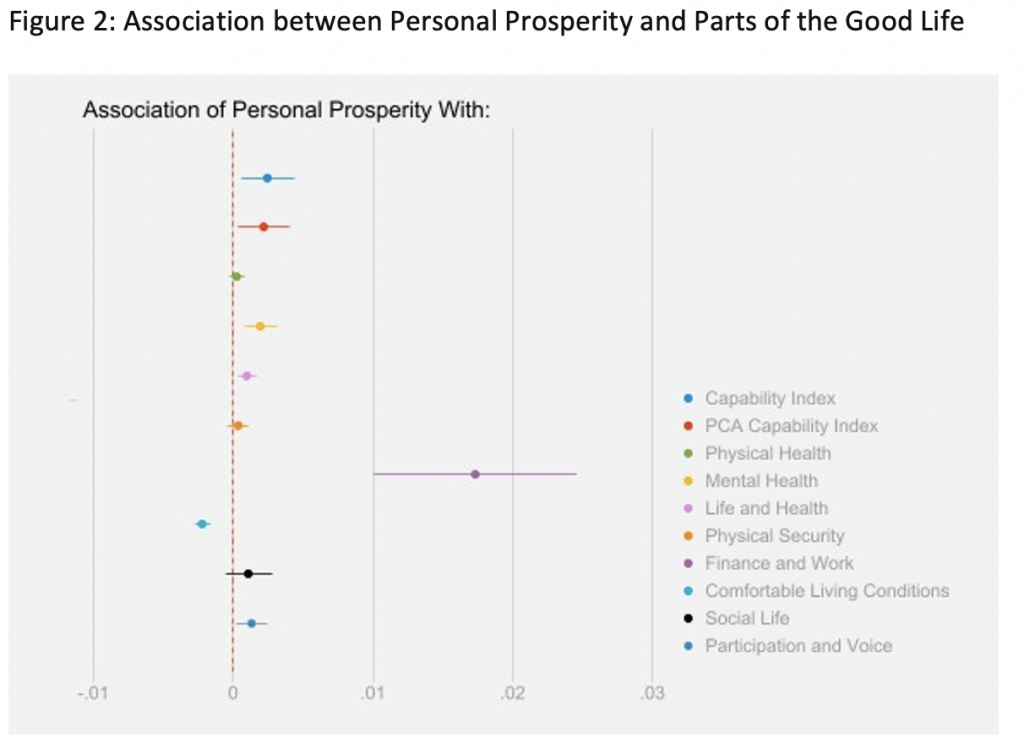
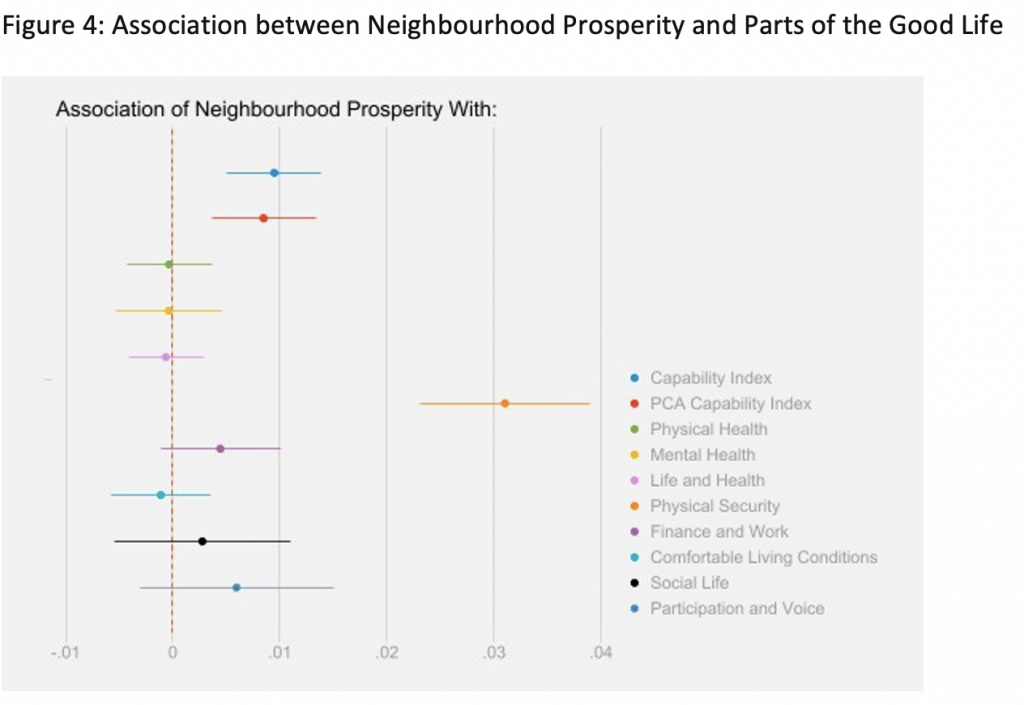
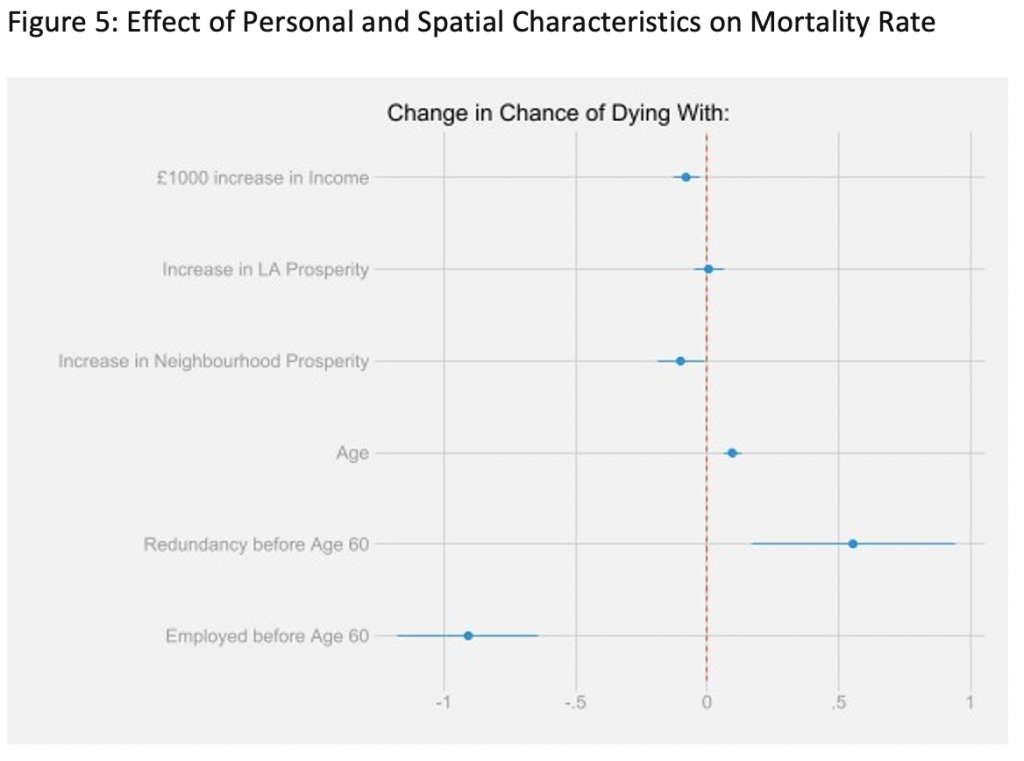






2 Comments